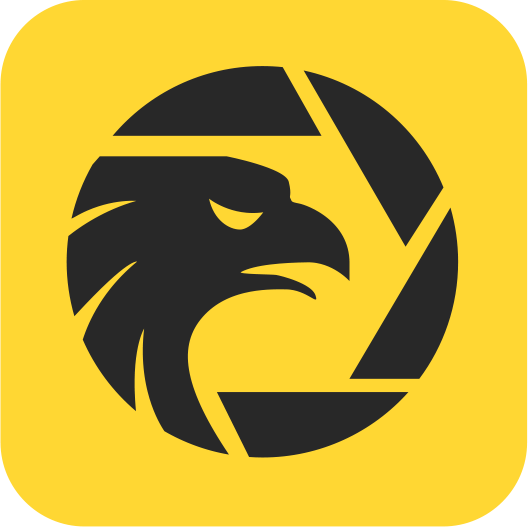
Which trading platforms are offered by DBFS? Do they support MT4, MT5, or cTrader?

From my personal experience researching brokers and assessing fintech risk, I always consider the available trading platforms a core factor in evaluating usability and trustworthiness. With DBFS, I found that they primarily offer their own proprietary trading app, called the “DBFS app,” which is downloadable from both the App Store and Google Play. As someone accustomed to established industry platforms like MT4, MT5, or cTrader, I noticed right away that DBFS does not support these third-party platforms. This absence immediately limited my willingness to explore them further for active trading needs. To elaborate, platforms like MT4 and MT5 are globally recognized standards, offering broad functionality, custom indicators, expert advisors, and robust community support. Their infrastructure and security give seasoned traders like myself a baseline level of confidence when executing trades and managing risk. The lack of such support at DBFS, replaced by a self-developed app with little public detail on execution speed, customization, and reliability, strikes me as a significant disadvantage, especially for those with established algorithmic strategies or who value platform stability. Based on my conservative approach, I generally prioritize platforms with transparent track records and extensive third-party audits. The fact that DBFS relies on a proprietary app—and does not offer MT4, MT5, or cTrader—means I personally would exercise caution and likely opt for fully regulated brokers that integrate proven trading environments. This is particularly important for safeguarding my capital and ensuring smooth execution.
Similar Questions
What trading instruments are available on FIC?

What leverage does XBTFX offer?


What is the highest leverage Oriental Securities Corporation provides on major forex pairs, and how does this leverage differ for other asset types?

Is it possible to trade individual assets such as Gold (XAU/USD) and Crude Oil through Bell Potter?


What trading platforms does CPT Markets offer?


